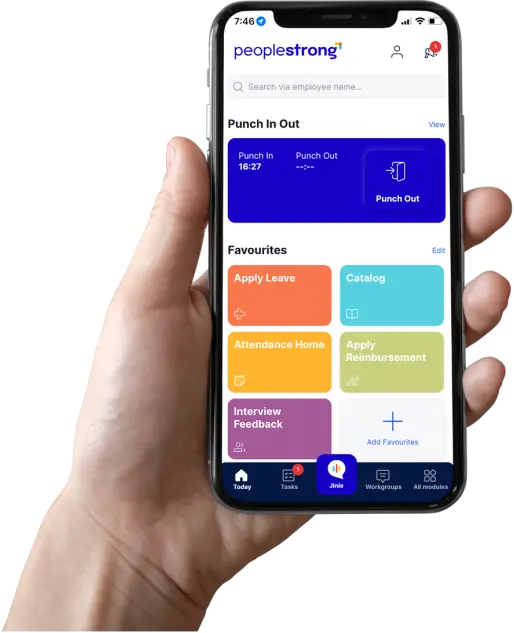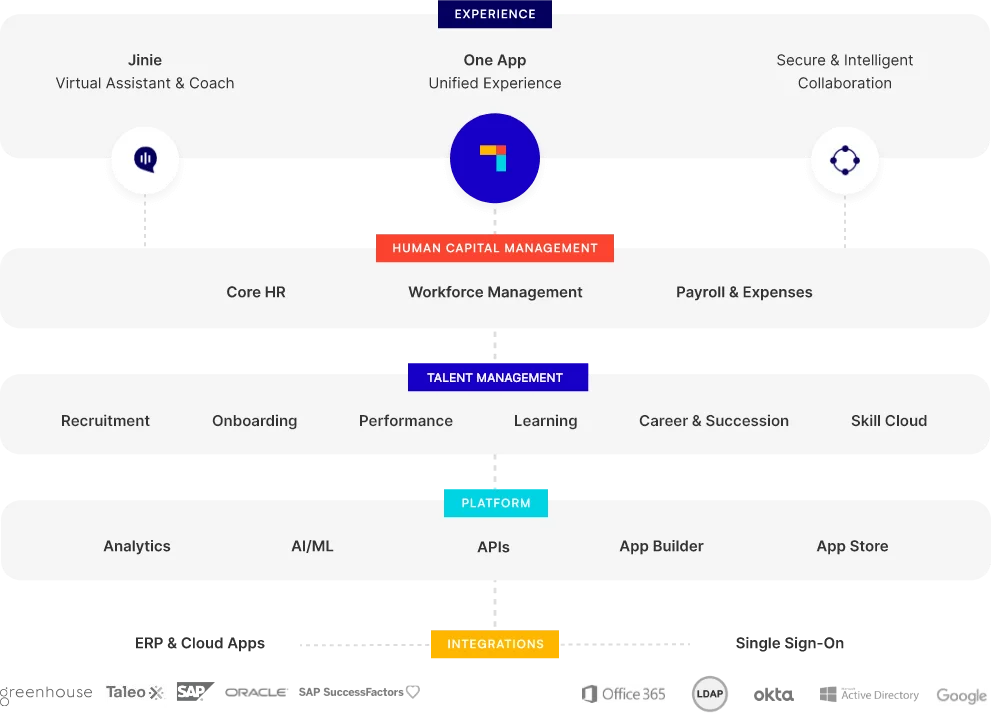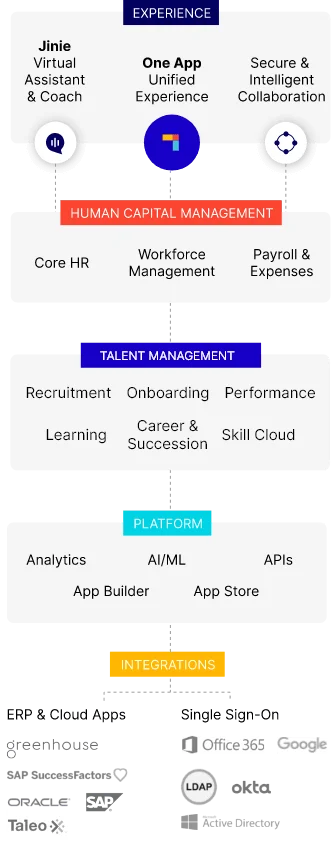With growing economies and a surge in talent demand, recruiters face a unique set of challenges in the Middle East. There are high application volumes, a mobile-first candidate pool, and the need for a positive experience in a culturally diverse region.
According to reports, the Middle East staffing and recruitment market is projected to reach US$86.1 billion by 2028. Recruitment automation is an efficient way to ride the wave. It streamlines workflows and frees up valuable time.
Let’s examine how recruitment process automation works and how it is suited to the Middle Eastern recruitment scene.
What is Recruitment Process Automation?

To put it in one line, recruitment automation is a way to streamline and optimise the entire recruitment process. Here’s how:
- Multi-Platform Job Posting with Arabic Language Support: You don’t have to copy and paste job descriptions manually. Recruitment automation tools integrate with job boards in the region so that you can post jobs with a single click. With Arabic language support, you get a wider reach without translation errors.
- Automated Resume Screening: You can define keywords and skills specific to the Middle Eastern market. The tool can then screen resumes, filtering out those that don’t meet your criteria.
- Seamless Interview Scheduling: There will be no more back-and-forth emails. Recruitment automation integrates with calendar tools so that candidates can choose their preferred interview slots from available options.
Suggested Read: Detailed Middle East Recruitment Process Guide for HRs
The Benefits of Automation for Recruiters in the Middle East
The advantages of recruitment automation extend beyond saving time. Here is how it can benefit your recruitment efforts.
- Reduced Time to Hire: By automating the initial screening and scheduling processes, the time required to fill vacancies is shortened. This efficiency enables a greater focus on attracting top talent. Automated tools also provide valuable checklists, particularly for hiring and onboarding remote employees.
- Enhanced Cost Efficiency: Automating repetitive tasks allows your team to dedicate more time to strategic initiatives and candidate engagement. This leads to improved resource allocation and lower recruitment expenses.
- Better Candidate Engagement: Faster response times and a more efficient application process create a positive first impression. Candidate relationship management leads to higher satisfaction and a stronger employer brand among potential candidates, which can prove to be a game-changer.
- Promoting Diversity and Inclusion: Automation removes human bias from the screening process. By focusing on skills and experience, you create a more inclusive hiring environment and a wider pool of qualified candidates.
Getting Started with Recruitment Process Automation
Now, let’s explore how to implement automation in recruitment effectively in the Middle Eastern context.
Identify Bottlenecks
Analyse your current recruitment process. Understand areas that slow things down. Does resume screening take more time, or is interview scheduling a problem? Then, you can choose the right tools for the job. AI-powered recruitment platforms like PeopleStrong help you gain real-time insights into candidate flow with analytics, enabling data-driven decisions and identification of recruitment bottlenecks.

Prioritise Local Needs and Nuances
Choose tools that can handle Arabic language resumes. Ensure the platform integrates with popular job boards in the region for maximum reach. Be mindful of cultural sensitivities and tailor templates and communication accordingly. For example, scheduling interviews during prayer times might be disrespectful.
Mobile-Friendliness
A large portion of Middle Eastern job seekers use smartphones to browse or research job listings. Look for tools that offer a mobile-optimised candidate experience. They should be able to apply and manage the process on their phones.
Leverage Remote Tools
Recruitment automation tools integrate with video conferencing and online assessment platforms, making hiring processes smoother. You can conduct interviews and assessments with geographically dispersed candidates effectively.
Track and Analyse
You should regularly assess how automation impacts your hiring process. Measure improvements in efficiency, time to hire, and candidate experience. This will allow you to scale up for the best results.
Optimising Your Recruitment Strategy: Best Practices

Recruitment automation is a powerful tool, but it shouldn’t replace human expertise. Here are some best practices to ensure a well-rounded recruitment strategy.
Clear Job Descriptions
Use relevant keywords catering to the Middle East and tailor descriptions according to the regional context. This activity ensures clear communication with local candidates and attracts the right talent pool.
Pre-screening Questions
Develop pre-screening questions that focus on essential skills and cultural fit. This process helps identify candidates who align with your company culture and possess the necessary qualifications.
Maintain the Human Touch
Automation complements human expertise. Use your judgment during final interviews, offer stages, and building relationships with top candidates. This personal touch is crucial for a successful hiring experience.
Choose the Right Tools
Depending on your specific needs, look for tools that automate tasks across the funnel. It could be AI-powered candidate sourcing and screening, or chatbots that answer basic questions. Other tools streamline communication and scheduling interviews. A useful approach to finding the right recruitment technology is to use the parameters of transactional depth and system intelligence.
Conclusion
In a nutshell, what can recruitment automation do for you in the Middle East? In an expanding and busy market, it empowers recruiters to become more efficient, attract top talent, and create a positive candidate experience.
By automating time-consuming tasks and focusing on the human aspects of recruitment, you can gain a competitive edge in the region’s thriving recruitment scenario. The key is to tailor automation to specific recruitment needs. That will lead to a win-win situation for your company and the talent pool you need to attract.
To discover more about how to make recruitment automation work for you and to make the best hiring decisions, leverage PeopleStrong’s robust recruitment software. Get in touch with the experts at PeopleStrong today!
FAQs
Are there any legal concerns with using automation in recruitment for the Middle East?
It is essential to comply with local country regulations like personal data protection laws. These and other regulations promote fair and unbiased screening practices. It is best to maintain transparency by informing candidates that their data is being processed by automated tools during the recruitment process.
Further, ensure that the data platform has robust security measures to protect candidate information. Avoid screening criteria that could discriminate against certain demographics. Instead, focus on job-related skills and experience.
Staying updated on local laws and best practices will help you navigate legalities and avoid potential issues.
How does recruitment automation supplement human recruitment?
Think of recruitment automation as your efficient assistant. It handles repetitive tasks like resume screening and scheduling. This frees up your time to focus on the strategic aspects of recruitment, such as candidate engagement, interview evaluation, and proactive sourcing of talent.
Automation empowers you to become a strategic recruiter, allowing you to leverage your human skills where they matter most.
What are the features of some popular recruitment automation tools for the Middle East?
Several tools take care of HR functions like follow-ups and scheduling. Tools that cater to the Middle East will have functions like multilingual support and integration with local employment platforms.
<br>
It is important to choose a tool that integrates with your existing HR systems and meets your specific needs. Consider factors like scalability, security features, and ease of use when making your decision.













